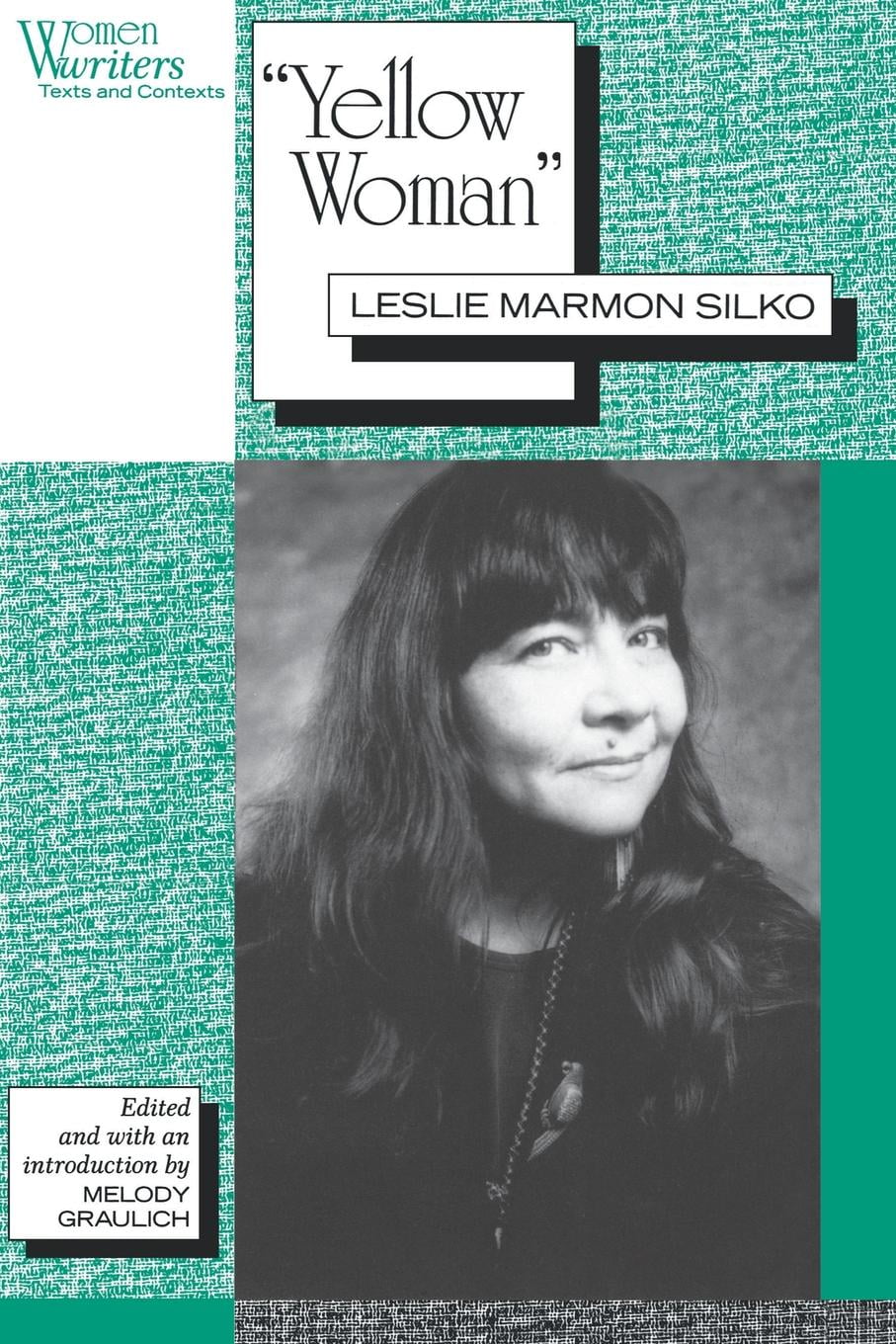

I have read this book so many times that I probably have it memorized.

It is one of the greatest novels of any time and place. " Ceremony is the greatest novel in Native American literature. Masterfully written, filled with the somber majesty of Pueblo myth, Ceremony is a work of enduring power. Only by immersing himself in the Indian past can he begin to regain the peace that was taken from him. He is deeply scarred by his experience as a prisoner of the Japanese and further wounded by the rejection he encounters from his people. Tayo, a World War II veteran of mixed ancestry, returns to the Laguna Pueblo Reservation. More than thirty-five years since its original publication, Ceremony remains one of the most profound and moving works of Native American literature, a novel that is itself a ceremony of healing. The great Native American Novel of a battered veteran returning home to heal his mind and spirit Leslie Marmon Silko now lives on a ranch near Tucson, Arizona. In 1973, Silko moved to Ketchikan, Alaska, where she wrote Ceremony. Having battled depression herself while composing her novel, Silko later called her book “a ceremony for staying sane.” Silko has followed the critical success of Ceremony with a series of other novels, but it was the singular achievement of Ceremony that first secured her a place among the first rank of Native American novelists. Prior to the writing of Ceremony, she published a series of short stories, including “The Man to Send Rain Clouds.” She also authored a volume of poetry, Laguna Woman: Poems, for which she received the Pushcart Prize for Poetry. in English at the University of New Mexico, she enrolled in the University of New Mexico law school but completed only three semesters before deciding that writing and storytelling, not law, were the means by which she could best promote justice. She has said that her writing has at its core “the attempt to identify what it is to be a half-breed or mixed-blood person.” As she grew up on the Laguna Pueblo Reservation, she learned the stories and culture of the Laguna people from her great-grandmother and other female relatives. Leslie Marmon Silko was born in 1948 to a family whose ancestry includes Mexican, Laguna Indian, and European forebears.


 0 kommentar(er)
0 kommentar(er)
